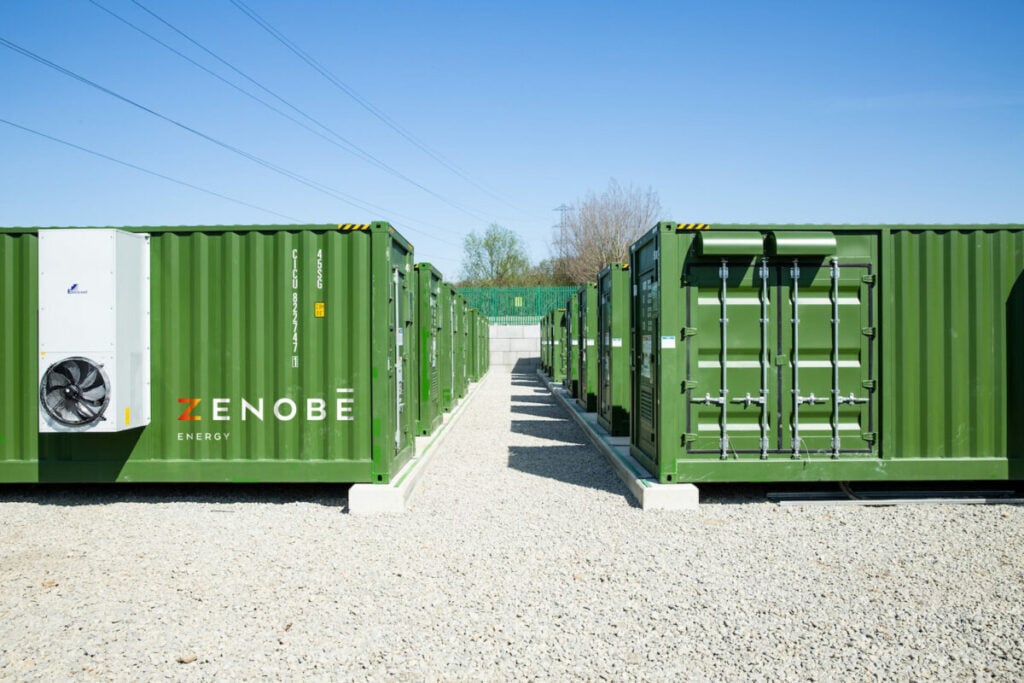
Speaking to Energy-Storage.news, founder and director of Zenobē, James Basden, explains why the company takes issue with the long-duration energy storage (LDES) support scheme.
The scheme launched at the beginning of April, but last week the leaders of some of the UK’s biggest battery energy storage system (BESS) operators, including Basden, signed an open letter saying the scheme is biased against short-duration BESS, will reduce its buildout jeopardising the government’s deployment targets and cost consumers billions.
Basden said that it is still unclear how much LDES the UK needs and that subsidising it will disadvantage short-duration BESS.
“Nobody has done the proper thinking about the problem we are trying to solve. Nobody has really though about the duration, the power and how we could fill that duration gap without LDES,” Basden said.
“We’ve done no proper thinking on how demand side management could help grids operate differently by affecting customer demand, for example.”
He claimed that instead of LDES you could use a combination of short-duration BESS, demand response (DR) programmes and some amount of ‘clean’ gas, which could be a much more efficient and lower cost way to solve generation gaps of a few days when they appear.
He added: “The scheme gives an unfair advantage to LDES as they’ll be competing into the same markets with a subsidised lower cost of capital. We need five times more short-duration BESS onto the grid and this scheme will reduce the incentive to build those.”
The full version of this article is available on Energy Storage News with a Premium subscription.

